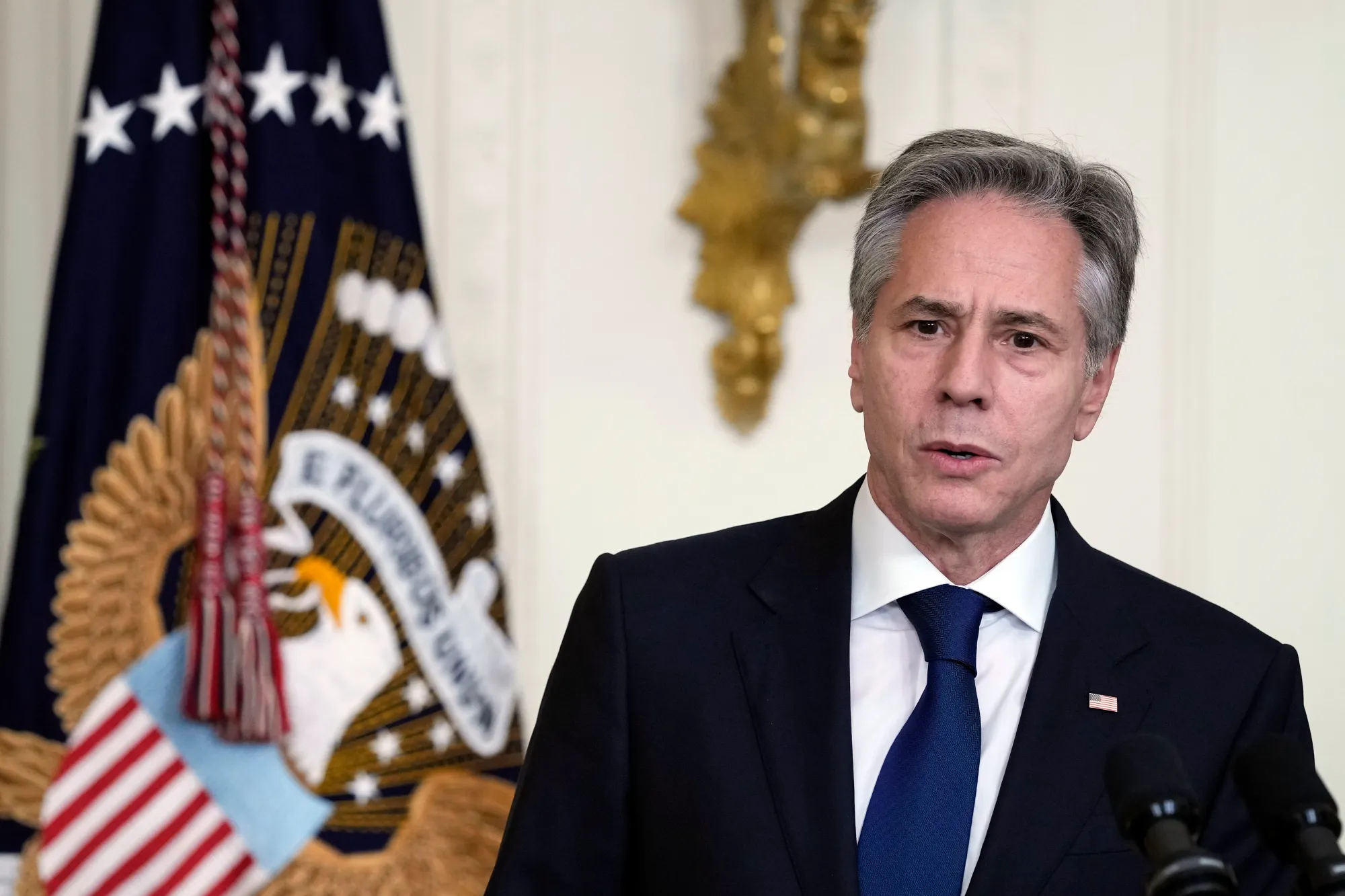As US Secretary of State Antony Blinken prepares for his upcoming trip to China, tensions between the two superpowers remain high. The Chinese government has expressed its discontent with the United States, particularly after Blinken’s earlier trip was canceled due to a suspected espionage incident involving a Chinese spy balloon. In a recent phone call, China’s Foreign Minister urged the US to show respect and refrain from interfering in its internal affairs. This response reflects Beijing’s low expectations for the visit and the lack of trust in the Biden administration’s efforts to improve relations.
Chinese state media has been relatively silent about Blinken’s visit, indicating a subdued response compared to the coverage in the West. Experts suggest that China is concerned about potential embarrassment and is carefully managing its expectations. The US has also downplayed any expectations of a breakthrough, emphasizing a realistic and responsible approach to managing competition. However, given the deep suspicion in Beijing, achieving even minimal progress will be challenging due to the breakdown of trust that occurred during the Trump administration.
The Biden administration has taken various actions that have strained relations with China, such as imposing sanctions, restricting technology exports, rallying allies against economic coercion, and signing trade deals with Taiwan. Beijing has criticized the US for its inconsistent words and actions, leading to skepticism regarding Blinken’s visit. Key issues on Beijing’s agenda include Taiwan and US technology export controls, particularly restrictions on advanced semiconductors.

The central premise of the Biden administration’s China strategy, which aims to balance competition and communication, has been rejected by Beijing. As a result, there is a stark contrast in attitudes, with the US appearing eager to repair ties while China remains passive and cold towards US outreach. China has sought to exert pressure by rejecting US proposals and creating risks at the tactical level, hoping to force the US to make concessions.
Despite China’s anger over perceived containment efforts, it has agreed to Blinken’s rescheduled visit, partly due to practical reasons and concerns about appearing uncooperative. China’s lackluster economic recovery may have also influenced its decision to seek a stable relationship with the US, especially in trade. However, Chinese leader Xi Jinping’s long-term strategic concerns about the US remain unchanged, as countering American influence continues to be a priority in China’s foreign and security policies. The upcoming US presidential election cycle adds urgency to the need for repairing US-China relations, as further delays may make it challenging to find another suitable opportunity in the remaining year.